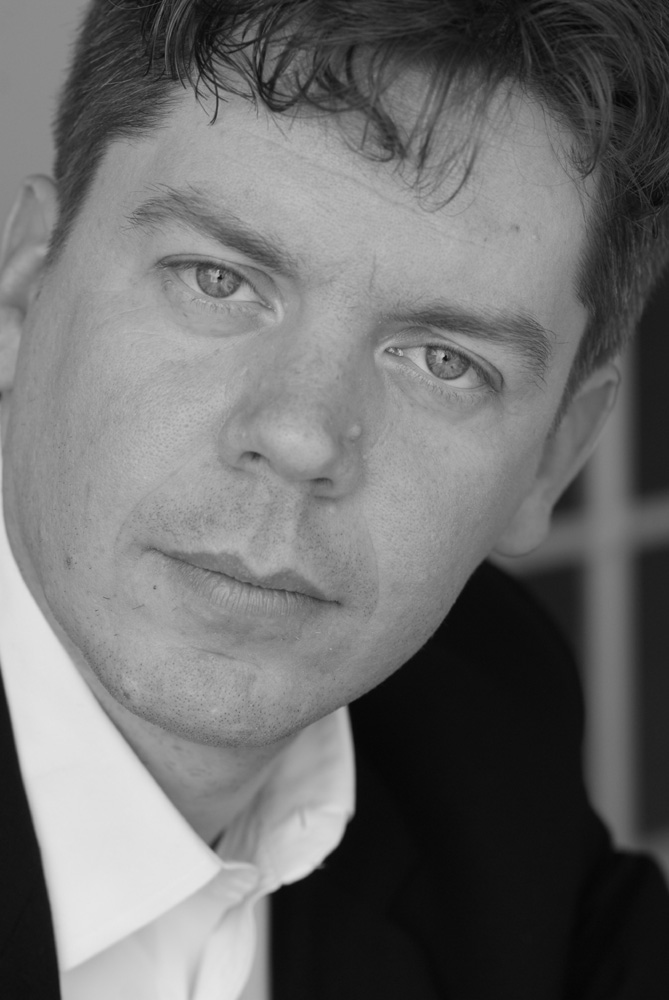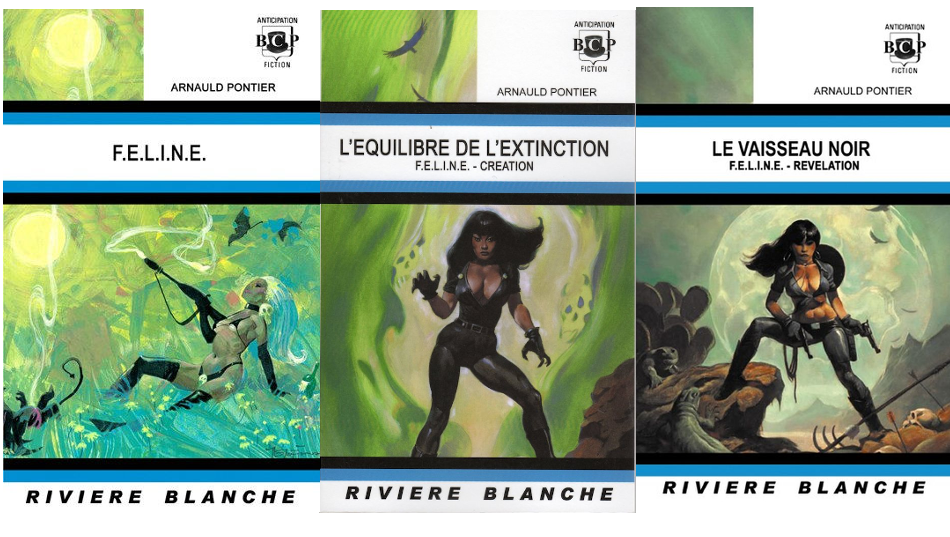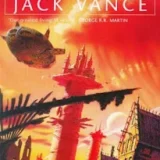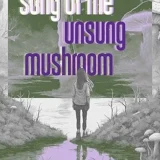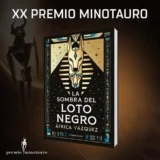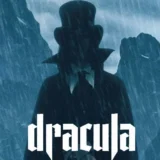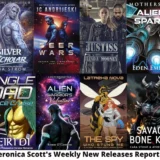 John Varley is a highly respected author of science fiction. He’s known for his use of plausible science, compelling characters, and Big Ideas. (See his Gaean trilogy, Titan, Wizard and Demon for a perfect example of a really Big Idea).
John Varley is a highly respected author of science fiction. He’s known for his use of plausible science, compelling characters, and Big Ideas. (See his Gaean trilogy, Titan, Wizard and Demon for a perfect example of a really Big Idea).
He showed up in 1974 with his short story Picnic on Nearside and published his first novel The Ophiuchi Hotline in 1977 – both set in his ‘Eight Worlds” series. He wrote about futures with a densely inhabited solar system, fluid genders, gigantic theme parks in the moon, sentient black holes, mind uploading and more.
The 70’s and 80’s were a prolific period for him with four short story collections and five novels. However, in the early 80’s his short story Air Raid was optioned and John spent time in Hollywood adapting it for motion pictures  under the name Millennium and wrote the tie-in novelization himself. This period extended to a ten-year hiatus from non-Hollywood writing while he worked on other unproduced screenplays.
under the name Millennium and wrote the tie-in novelization himself. This period extended to a ten-year hiatus from non-Hollywood writing while he worked on other unproduced screenplays.
Thankfully, John returned in 1992 with new short stories and a new novel, Steel Beach and hasn’t stopped writing since. Although, as he freely admits, he’s slowed down compared to the speed of his writing in his youth.
###
Kermit Woodall for Amazing Stories: Like many of your fans, I bought your latest, Irontown Blues the day it released. I enjoyed the return to your Eight Worlds universe and specifically to the son of one of your best-known characters, Anna Louise Bach. Tell us a bit about your goals with this novel.
 John Varley: I don’t actually have any goals when I start a novel. There is no plan, I just imagine a character and a setting, and then I work it out as I go along. If there was a plan at all it was simply to finish the trilogy of Steel Beach and The Golden Globe. All three novels tie together at the end.
John Varley: I don’t actually have any goals when I start a novel. There is no plan, I just imagine a character and a setting, and then I work it out as I go along. If there was a plan at all it was simply to finish the trilogy of Steel Beach and The Golden Globe. All three novels tie together at the end.
ASM: What were the ideas and themes that you wanted to explore in this story? Your Eight Worlds stories and novels often feature big ideas and I have a suspicion that one of the goals here was to explore an assumed reality behind libertarian utopia science fiction in that the need for law and order will impose social structures regardless of ideals. But perhaps that was just me?
JV: As I said, no goals. If any ideology creeps in it is unconsciously. I have no grand theories for politics or society in general, no axe to grind. I suppose these books are utopian in a way, in that in the greater society there is little violent conflict, but of course there will always be people who fall through the cracks, either willingly or because they are misfits, as the residents of Irontown in the novel. As for Libertarianism, I go along with those folks up to a certain point, and then they propose something completely stupid, totally Looney Tunes.
ASM: Intentional or not, I enjoyed the results. Even if I was reading too much into your process.
With your hero, Christopher Bach, we see a type of character you’ve not presented in the Eight Worlds before – a flawed character apparently suffering from PTSD (following a battle that occurred in Steel Beach). What led you to create this character?
JV: The three novels explore what it might be like in different professions in my far-distant universe. In Steel Beach it was a reporter, in The Golden Globe it was an actor. In Irontown Blues it is a private eye, a calling that is all but extinct. But Chris Bach lives in a noir world of his own making. Traditionally a noir private eye is a cynical and gloomy character, who still fights for justice. That is how Bach came into being.
ASM: Tell us more about Christopher’s companion, Sherlock (a dog with augmented intelligence and memory). While Sherlock initially reminds me of therapy dogs used for PTSD patients, he becomes much more in the novel. You also chose a unique way to present Sherlock’s thoughts within the story.
Why and how did you arrive at this approach?
JV: As sometimes happens, Sherlock quickly became the most interesting character in the book. I love him in a way I could never love Chris, because Sherlock is so pure, so dedicated. In many ways he was smarter than Chris, and he has unswerving loyalty, simply because that’s the way dogs are. Chris was Sherlock’s Alpha, a relationship humans don’t have. So I did my best to think like a dog. That was not so hard, because I am a dog lover. Sherlock had me laughing a lot as I wrote his words.
ASM: I’m a dog owner myself. I’ve noticed dogs appear in your fiction (most notably in Tango Charlie and Foxtrot Romeo which also features Anna Louise Bach) – so what dogs are sharing your life right now?
JV: I have always loved dogs. My last canine friend was a Shetland Sheepdog named Cirocco who improved my life for 19 years and 3 months. Her obituary can be found at my website:
Damn. I just read it again, and as always, it made me cry. Best dog ever.
I have not had a dog since. Part of the time since 1999 we have been on the move and unable to keep a dog. Now we live in a house where the landlord doesn’t allow pets. Would I have one if he did allow it? I’m not sure. As it is, we go over to my mother’s house where my sister has a miniature schnauzer named Mojo when we feel like we need to pet a dog.
ASM: I don’t want to spoil any of the plot of the novel – but could you possibly talk about a bit about your choices in bringing back some elements from Steel Beach?
JV: The three novels were always meant to tie together. I didn’t know how that would happen, but the plot unfolded as I wrote it. That’s just how I work.
 ASM: I’d like to talk to you about some of your other works. Recently you wrote a post on your blog about getting your famous story Air Raid anthologized again in the new Stephen King edited collection Flight Or Fright. You detailed some of its history when you originally worked on adapting it for film and then into a tie-in novel Millennium. In all your discussions, including your own depreciating assessment of the film, I’ve never seen you acknowledge that the film has become pretty much a cult classic. Personally, I’ve seen it airing on one cable network or another pretty much ever since it was released and usually more than once a year. What are your thoughts on this?
ASM: I’d like to talk to you about some of your other works. Recently you wrote a post on your blog about getting your famous story Air Raid anthologized again in the new Stephen King edited collection Flight Or Fright. You detailed some of its history when you originally worked on adapting it for film and then into a tie-in novel Millennium. In all your discussions, including your own depreciating assessment of the film, I’ve never seen you acknowledge that the film has become pretty much a cult classic. Personally, I’ve seen it airing on one cable network or another pretty much ever since it was released and usually more than once a year. What are your thoughts on this?
JV: It’s a cult classic? First time I’ve heard of it. Plan 9 From Outer Space is a cult classic, too, right? Didn’t it appear on Mystery Science Theater 3000? Oh, no, that was another of my stories, Overdrawn At the Memory Bank.
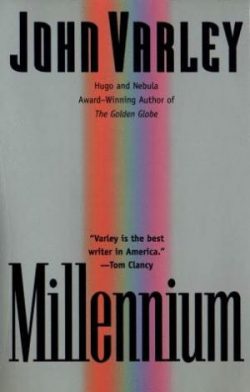 ASM: I don’t think it’s a cult classic like Plan 9 – it’s clearly a better picture (I know – that’s faint praise) but it does show up often enough to suggest it’s sufficiently popular to show infrequently on cable networks!
ASM: I don’t think it’s a cult classic like Plan 9 – it’s clearly a better picture (I know – that’s faint praise) but it does show up often enough to suggest it’s sufficiently popular to show infrequently on cable networks!
The biggest of your big ideas has to be the GAEA trilogy, Titan, Wizard and Demon – the story of a nearly unimaginably massive space habitat that also happens to be a living, growing and sentient being. Has there ever been any interest in bringing that to film (or to a series) and have you ever considered returning to that story universe for a future novel?
JV: Years ago some people were interested, but nothing came of it. The rights are now available, and in 2018 the technology is actually up to doing the setting justice. If only I could get the books into the right hands. They seem to be to be a natural for today’s film audience. Best idea: a 10-part mini-series, or even a second season, the continuing adventures of Cirocco Jones … I’d be happy to write the screenplays.
ASM: Has there been any interest in adapting your short story Press Enter for film/tv?
JV: It actually was filmed, some years ago. But for some reason it never played anywhere. I’ve never seen it. It’s quite frustrating.
ASM: A quick check on IMDB doesn’t show anything except a film with the same name but with an unrelated plot. Perhaps one of our readers knows something and will let us all know.
Now, speaking as a fan here, do you have any plans with the Eight Worlds in exploring the elements originally presented in The Ophiuchi Hotline – specifically the ultimate threat posed of humanity being pushed out of our solar system, the need/use of the Singularity cube, and what might be next?
JV: I’m afraid not. I seem to have run dry on that idea, though I think about it from time to time.
ASM: Well, I’m certainly sorry to hear that.
Finally, what’s next in the pipeline for you? What novels or stories are you working on?
JV: I wish I could tell you. Right now I’m between projects, with several ideas on the back burner. No idea which one will eventually come to a boil.
ASM: Well, we’ll all just have to wait then. Thank you for your time!
John Varley and his works can be visited at his website.
Kermit is an omnicompetent individual who grew up in a former bawdy house before relocating to his state’s capital city. His family includes many talented artists and an uncle who founded The Church of Bigfoot. He has a passion for storytelling often exploring new ways to engage audiences.




